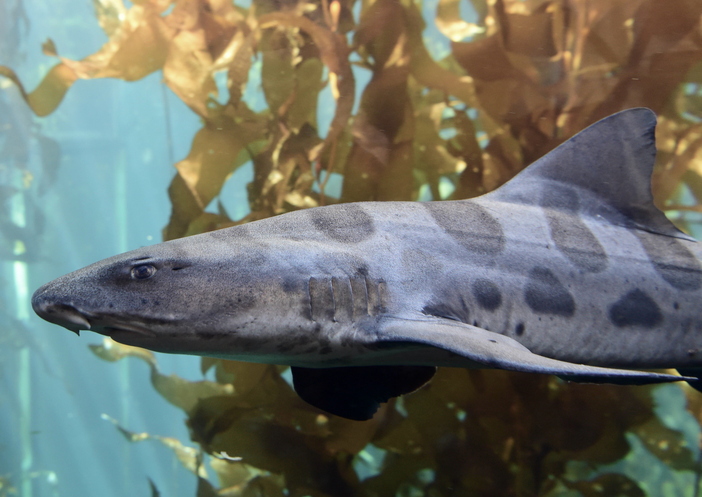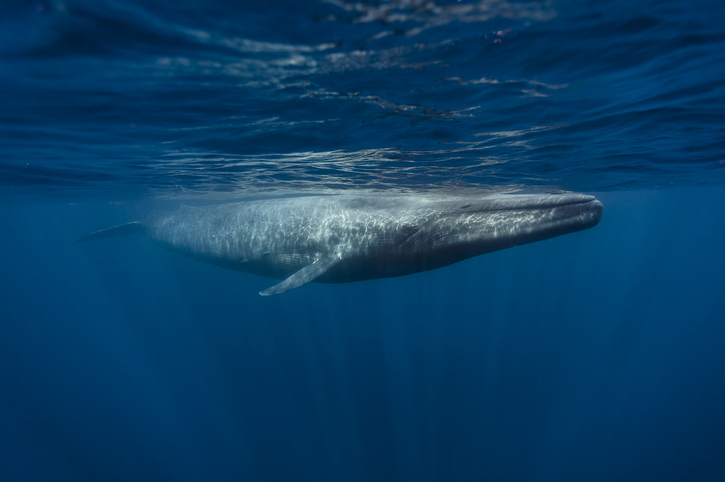The unfortunate reality for many species of animal across land and sea is that as habitats and ecosystems change, their chances of survival can drop. Some of these changes are natural and some (quite a lot) are due to mankind. There are things that humans are impacting, such as deforestation, climate change and over-farming that lead to dwindling populations of certain species.
Whilst there are millions of kind-hearted people who are dedicated to helping endangered species turn their fortunes around, these affected animals often still have a struggle on their hands. When their habitats have been stripped away, their prey removed from the food chain and their ecosystem irreparably damaged – it’s a real uphill battle.
And, this is where the endangered species list comes…
What is the endangered species list?
The endangered species list is a categorisation of animals who are considered under threat of extinction or worth monitoring. It is split into five different groups, depending on the severity of their situation, and they’re organised by a few key criteria.
Critically Endangered Species
These are the most at-risk animals, and are being carefully monitored to prevent their situation getting any worse. They’re put into this group if…
- Their population has decreased by 80-90% over 10 years
- Their natural habitat has been reduced to less than 4 square miles
- There are fewer than 250 mature adults of the species
- Probability of extinction is at least 50% over the next 10 years
Endangered Species
The next most in-danger group. Species are considered Endangered if:
- The population has declined by 50-70% over the last decade
- Their habitat is under 2,000 square miles
- The total mature population amounts to fewer than 2,500 individuals
- Probability of extinction is at least 20% in the next 20 years

Vulnerable
The least severe of the three threatened categories, but the Vulnerable group still requires plenty of safeguarding. Animal species are considered Vulnerable if:
- Population has declined between 30-50% over the last 10 years
- The habitat is less than 8,00 square miles
- There are fewer than 10,000 mature individuals
- Probability of extinction is 10% over the next 100 years
Near Threatened
Animal (and plant) species can fall into the Near Threatened group if they are considered likely to move into one of the threatened groups in the near future. If worrying trends start to emerge, species will often move into this group.
Least Concern
This is the group that humans belong to. Basically, it’s a group that is thriving and of no real worry.
Endangered sea creatures
Unfortunately, there are endangered species everywhere across the globe, and it’s no different under the sea. There are a number of fish, amphibians and sea mammals who are on the endangered list, with some of them falling into the Critically Endangered category. We’ll have a look at a few of the most affected here:
Sea Lions
As home to a number of Seals, the close cousin of the Sea Lion, this one is tough to swallow, but sadly these blubbery mammals are endangered. The main reason is that they have been hunted in their natural habitats for a long time. Although hunting of sea lions has dropped, it is taking a long time for the population numbers to recover once more.
Hawksbill Turtle
Again, humans are largely to blame for the plight of the Hawksbill Turtle. Coastal development, climate change and pollution have all contributed to the beautiful turtle species losing nesting sites and habitat in coral reefs.
Blue Whale
Although Blue Whales have been protected from whaling for over 50 years now, their numbers are still heavily hit by mankind. Getting tangled in fishing nets and hit by water vessels contribute to many unnecessary deaths. Their numbers are slowly recovering however, but they’re still under the 25,000 mark.

Try our quiz…
Whilst we don’t think any animals being on the endangered species list is cause for fun and games, we think quizzes are a great way to get to grips with some of those most affected species. That’s why we’ve put together a short quiz about endangered animals, and you can try it here!
How can you help endangered species?
As we mentioned at the start of the article, there are plenty of kind-hearted people who are doing all they can to protect and preserve species which are under threat, and they often rely on the kindness of the public.
One of the great ways you can show your support is helping out wildlife trusts, refuges, rescue centres and captive breeding sites. At Deep Sea World, we do all we can to help the conservation of our underwater friends. We’re always grateful for support and visitors who want to contribute to our work.
So, if you’re keen to help turn round the fortunes of endangered underwater species, why not pay us a visit? Head here for booking information and tickets!
